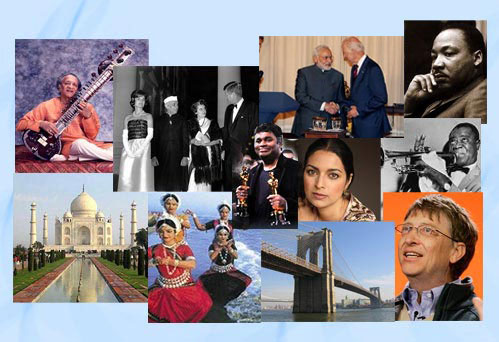 |
 |
 |
|
|
| Press Release |
| FRIDAY, MARCH 9, 2012 |
| Dr Oscar Pujol on Swami Vivekanand |
It is a pleasure to speak on the relevance of Vivekananda’s thought for the XXI Century because still there is much to be learned from him and some of his dreams remain unfulfilled. When I think about Swamiji’s role I cannot avoid thinking that he was an eye-opener both for Indian and Westerners. He taught Indians that hollow spirituality leads nowhere and he taught Westerners that without spirituality social work is not enough. Vivekananda came in the wake of a new Hinduism propounded by people like Raja Ram Mohan Roy, Ishvar Chandra Vidyasagar, Dayanand Saraswati, etc. A reformed Hinduism had been born; liberal and egalitarian in its outlook, universal and cosmopolitan in its vision and Vivekananda carried forward its message with the strength of his youth and a missionary zeal, perhaps unseen in India since the time of Shankaracharya. As I said earlier Vivekananda considered that spirituality is nothing without social compromise at the same time he also maintained that social compromise is nothing without spirituality. In fact this is well reflected in Ramakrishna’s motto: "For one’s salvation and the welfare of the world" (आत्मनो मोक्षार्थं जगद्धिताय च). I would like to draw the attention to the following point that tells much about the nature of today’s world. While nobody will dispute the first proposition, spirituality is nothing without social compromise, many people will question the second one, social compromise is nothing without spirituality, as spirituality is often either simply denied or equated with religion in the lowest meaning of the term. Vivekananda does make a distinction between religion and spirituality and stands for a spiritual religion free form superstition and blind belief. The problem in the West is that spirituality is equal to religion and religion is just the contrary of reason, science and free thinking. In the modern world religion is often understood as the main reason for social conflict and war. Nothing can be more untrue. The extreme violence of the XX century was not because of religion, but due to nationalism and ideologies that legitimate violence as a rightful mean of achieving a political end. Religion can be certainly violent and divisive but this usually happens when it is twisted and used for political aims. In fact by eliminating religion the only option is gross materialism: a godless society were men are just surviving individual units, competing with each other for a bigger piece of cake and where freedom is understood as the legitimization of the desire for the bigger piece of cake. For Vivekananda materialism was certainly not an option. He firmly believed that the world cannot establish lasting peace without Vedantic and Buddhist concepts of life. The need is not to eliminate religion, but to embrace a religion shorn of false ritualism and superstition. He used to say that the human being is not the servant of matter, but matter is the servant of the human being. In fact he believed in a religion of strength, a religion of the fearless, were God is the total sum of all souls and sin does not belong to humanity, which is by nature pure and perfect. Sin is simply viewed as a very low degree of self-manifestation. Men are not weak sinners, but glorious children of immortality: "Children of immortal bliss- what a sweet, what a hopeful name! Allow me to call you, brethren, by that sweet name - heirs of immortal bliss - yea, the Hindu refuses to call you sinners. Ye are the Children of God, the sharers of immortal bliss, holy and perfect beings. Ye divinities on earth-sinners! It's a sin to call someone so; it's a standing libel on human nature. Come up, O lions, and shake off the delusion that you're sheep; you're souls immortal, spirits free, blest and eternal; ye are not matter, ye are not bodies; matter is your servant, not you the servant of matter." In fact Vivekananda’s message can help the modern world to bridge certain inherited dichotomies, which belong to the recent history of the West, but that can prove quite harmful for the new global era. Dichotomies that irremediably pitch religion against science, faith against reason, man against nature, modernity against tradition, God against man and man against God. We need to rekindle the Ramakrishna fire in Vivekananda’s form and work under his inspiration towards a new global humanism that includes the hidden divinity in man; a global humanism, where people are not only non separated from people, but also not separated from God. I see Vivekananda standing at the threshold of a period of change that has not yet ended. The change is still going on. Swamiji announced it with the spirit of an ancient Rishi and the mind of a free thinking man. Dr Òscar Pujol Feb 14, 2012 IIC, New Delhi. |
| Copyright © 2011 Indo-American Friendship Association, New Delhi chapter. All rights reserved. |
| Maintained by Communications Advisor: Jasmeet Pal Singh |
